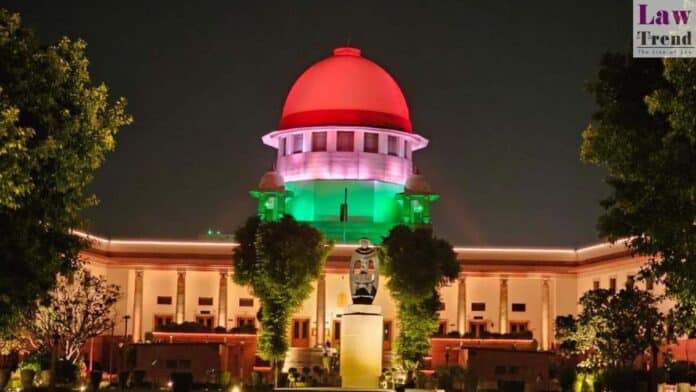In a strong rebuke, the Supreme Court on Monday expressed dismay over the Delhi High Court’s decision to stay a trial court’s order discharging Sudershan Singh Wazir, the former President of the Jammu and Kashmir State Gurdwara Parbandhak Board, in a high-profile murder case. Justices Abhay S. Oka and Augustine George Masih, presiding over the bench, highlighted the unusual nature of the High Court’s intervention.
“How can an order of discharge be stayed? It is completely unheard of. Absolute shocking affairs. If the Court will start staying order of discharge, then trial will proceed. How can this happen? We will have to set down the law. The manner in which power is exercised by High Court,” Justice Oka remarked, reflecting the Supreme Court’s surprise and concern over the proceedings.
The issue arose after the Delhi High Court stayed the discharge of Wazir, leading to an immediate cessation of the trial against him by the Supreme Court, which also stayed the High Court’s subsequent order for Wazir to surrender.
The background of the case traces back to September 2021, involving the murder of Trilochan Singh Wazir, a former National Conference leader. Sudershan Singh Wazir was arrested in February 2023 but was discharged by a trial court on October 20, 2023, along with two other suspects. Murder charges were maintained only against one accused, Harmeet Singh.
Following the trial court’s decision, the State swiftly filed a revision petition which led to Justice Vikas Mahajan of the Delhi High Court staying the discharge order and permitting the continuation of proceedings against Wazir. This decision was further complicated when Delhi Police demanded Wazir’s surrender, a directive approved by Justice Anish Dayal on November 4.
During Supreme Court proceedings, Senior Advocate Sanjay Jain, representing the police, argued that the High Court had allowed Wazir the opportunity to apply for bail. However, Justice Oka questioned the procedural integrity of the High Court’s actions, stating, “First, you are directing him to be in custody after a year when he was released pursuant to the discharge order and then asking him to come for bail. High Court could not have at first instance stayed discharge order like this without disposing of the revision petition.”
The Supreme Court has issued a notice on Wazir’s plea, staying the ongoing trial and the order requiring his surrender. The matter has been scheduled for further hearing on January 21, with directions for the Delhi High Court to resolve the State’s revision petition against Wazir’s discharge in accordance with legal standards.




